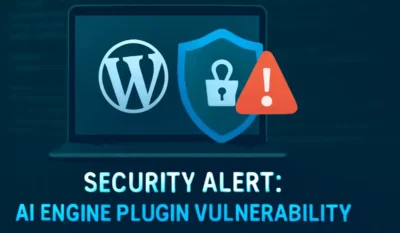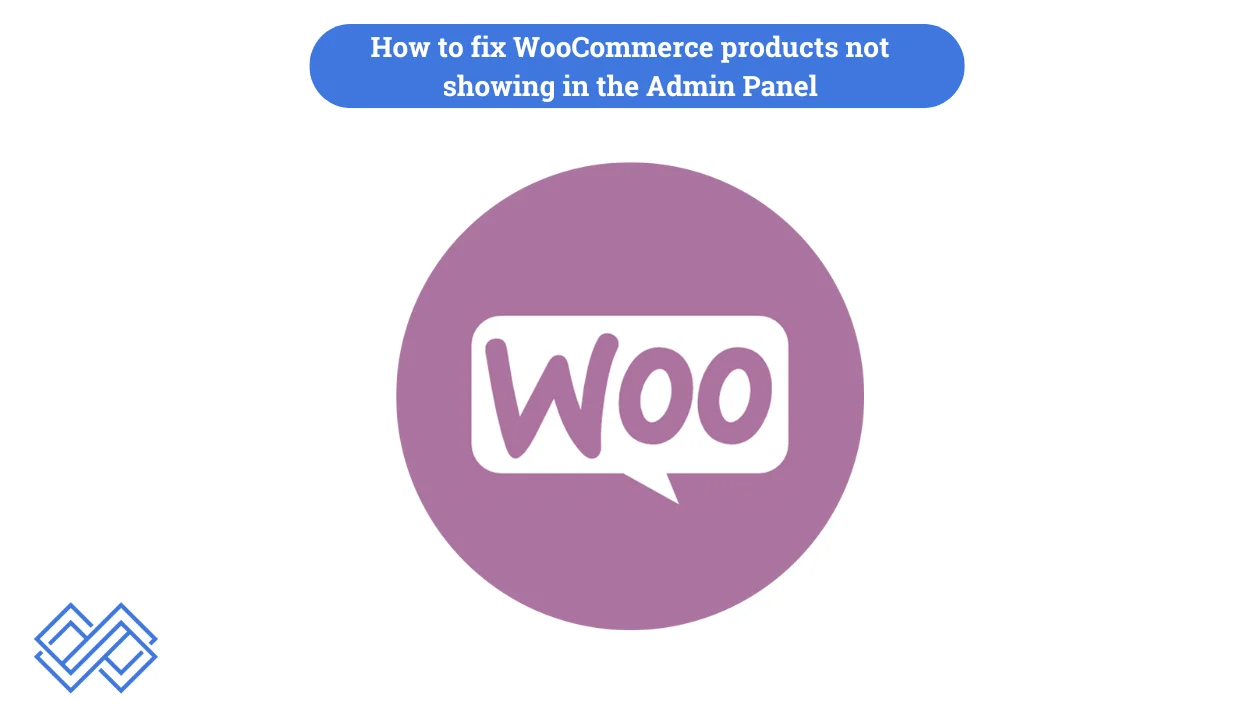Getting locked out of your WordPress dashboard is frustrating, especially when you’re sure you typed the right username and password, yet find yourself stuck in a cycle, always brought back to the login page. This is called a login redirect loop. If you’ve run into this problem, you’re not alone. Let’s break down what’s going on and how you can fix it quickly.
Table of Contents
What’s a WordPress Login Redirect Loop?
You log in, expect the dashboard, but the screen sends you back to the login form—no matter how many times you try. It feels like running on a treadmill that never stops. Sometimes your browser will complain with messages like:
- “This page isn’t working. redirected you too many times.”
- “The page isn’t redirecting properly.”
- Or just kicks you back to login with no clue why.
It’s annoying and can make you feel locked out of your own site.
Why Does This Happen?
There isn’t just one reason. Here are the usual suspects:
- Your browser has cookies or cache that are old or messed up.
- A plugin or theme update didn’t play nice.
- The
.htaccessfile (it helps with rules for your site) is broken. - Your site’s address settings got mixed up.
- File permissions are not quite right.
- Your web server is running into trouble, out of space, or something similar.
- SSL or HTTPS isn’t set up correctly.
- Redirect plugins or your host have a rule that misfires.
Something blocks WordPress from recognizing you as a logged-in user, so it keeps asking you to log in again and again.
Step-by-Step: Fixing the Login Loop
Always make a backup before trying anything major. That way, if something goes wrong, you can put things back in place.
1. Clear Your Browser Cache and Cookies
WordPress needs cookies to keep track of your session. Old ones or corrupted files can trick your site into thinking you’re not logged in.
How to clear:
- Open your browser settings.
- Remove cookies and cached files for your site (or all websites).
- Restart your browser and try again.
2. Turn Off All Plugins
Plugins often cause conflicts, especially after updates. If you can’t get into your dashboard, you can still control plugins by renaming the plugins folder:
- Log in to your site with FTP (like FileZilla) or your host’s file manager.
- Go to
wp-content. - Rename the
pluginsfolder to something likeplugins-off. - Try logging in again.
If you get in, you know a plugin is the problem. Put the folder name back, then activate your plugins one by one until you find the troublemaker.
3. Change Your Theme
A theme that’s buggy or corrupt can also trigger this cycle.
- Using FTP or file manager, open
wp-content/themes. - Find the folder of your active theme and rename it.
- WordPress will switch to a default theme (like Twenty Twenty-Four).
- Try to log in again.
4. Repair the .htaccess File
This file often causes trouble. It lives in the main folder of your website (public_html for many hosts).
- Download it first, just in case.
- Delete it from your server.
- Try logging in. If this works, WordPress can make a new one automatically when you visit “Settings” → “Permalinks” and hit “Save Changes.”
- Or, paste this code into a blank file called
.htaccessand upload it:
text# BEGIN WordPress
<IfModule mod_rewrite.c>
RewriteEngine On
RewriteBase /
RewriteRule ^index\.php$ - [L]
RewriteCond %{REQUEST_FILENAME} !-f
RewriteCond %{REQUEST_FILENAME} !-d
RewriteRule . /index.php [L]
</IfModule>
# END WordPress
5. Check Your Site URLs
If your WordPress address and site address don’t match, trouble starts—especially if you changed from “http” to “https” or added/removed “www.”
If you can reach the dashboard:
- Go to “Settings” → “General.”
- Make sure both addresses are correct and identical, except if you use “www.”
If you can’t reach the dashboard:
- With FTP, edit
wp-config.php. - Add lines like these before the “That’s all, stop editing!” comment:
phpdefine('WP_HOME','https://yourdomain.com');
define('WP_SITEURL','https://yourdomain.com');
- Save and upload.
6. Check File and Folder Permissions
WordPress needs the right permissions to write session info and cookies.
- Folders should usually be set to 755.
- Files should be 644.
You can update this with your host’s file manager or your FTP program.
7. Scan for Malware
Some sneaky code can lock you out. Use a security plugin (like Wordfence or Sucuri) or your host’s tools to check. Remove anything that shouldn’t be there.
8. Fix SSL/HTTPS Issues
Switching to HTTPS sometimes triggers issues, especially if not everything matches.
- Make sure your site URLs in WordPress Settings match your SSL (https or http).
- If you use a service like Cloudflare, double-check its SSL settings.
- Plugins like Really Simple SSL can help, but must be set up properly.
9. Review Redirect Plugins and .htaccess Rules
If you use plugins for redirection or SEO, look at their settings. A wrong rule can create a dead end.
- Deactivate redirect plugins, then check if you can log in.
- Review manual rules in .htaccess or server settings.
10. Check Database Details
If WordPress can’t talk to its database, strange things happen—including endless loops. In wp-config.php, confirm your database name, username, and password are spot-on.
11. Check Server Storage
If your server is full, logins might not work. Check your host’s control panel for disk usage. If space is low, clear out old backups or unused files.
12. Restore a Backup
If all else fails and you have a backup from before the error started, restore it. Be careful—this brings your site back to that moment, erasing changes since then.
What Causes the Error and How to Fix It
| Cause | How to Fix |
|---|---|
| Old cookies or cache | Clear cookies and cache |
| Plugin conflict | Rename or disable plugins folder |
| Theme issue | Switch to a default theme |
| Broken .htaccess | Delete or repair .htaccess |
| Wrong site URLs | Check in dashboard or wp-config.php |
| Bad permissions | Reset folder/file permissions |
| Malware | Scan and clean with security tool |
| SSL/HTTPS mismatch | Fix SSL settings and URLs |
| Redirect rules | Check redirect plugins and .htaccess |
| Database error | Fix details in wp-config.php |
| Full server storage | Free up space |
Extra Tips
- Always make a backup before changing files or settings.
- Take it one step at a time so you know what fixed the problem.
- If you get stuck, reach out to your hosting provider. Most are happy to help with login issues.
- Once your site is fixed, keep everything updated. Outdated themes and plugins are a common cause of future headaches.
With these steps, you should be able to get past the login redirect loop and back into your WordPress site. Don’t worry—every site owner runs into technical gremlins at some point. What matters is learning how to wrangle them for good.





